11 fiber rich foods to support digestive health
These are the best fiber rich foods to eat for healthy digestion
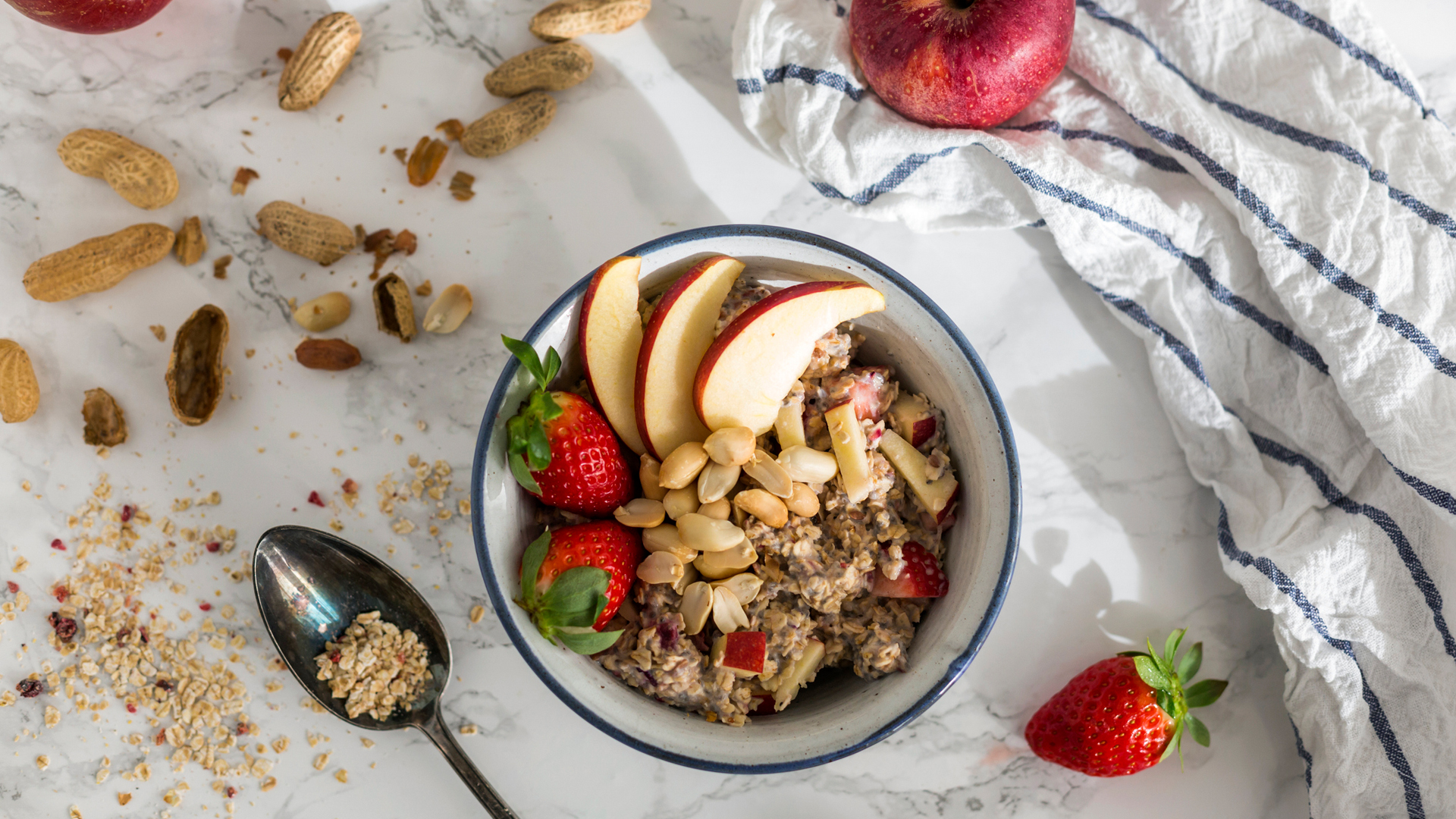
Fiber rich foods are important for gut health because they can help the body’s digestive system work more efficiently. As well as breaking down foods and absorbing nutrients, the gut has a massive impact on how well our mind and body functions. Studies have found a healthy gut can even prevent some cancers and autoimmune diseases too.
Eating dietary fiber is an easy way to support digestive health, and nutritionist Signe Svanfeldt, from nutrition app Lifesum, says it can also keep us fuller for longer, helping us to maintain a healthy weight and reduce the risk of type 2 diabetes, cardiovascular disease and obesity.
There are two types of fiber – soluble and insoluble. Svanfeldt says: “The soluble one creates a gel-like substance, which slows down the digestion. Insoluble fibers do not dissolve in water, while the soluble ones do. The insoluble fiber usually passes the stomach without breaking down, and, instead, binds water and increases stool bulk.”
The USDA recommends adults up to the age of 50 to consume 25 g and 38 g of fiber a day, for women and men, respectively. Those over the age of 50 should have 21g and 30g. However most Americans consume an average of just 10-15g of fiber a day.
In this article, Svanfeldt reveals the top 11 fiber rich foods to support digestive health. However, she says: “It can be quite difficult to measure the exact composition of soluble and insoluble fiber as it depends on how they are digested and absorbed. The amount listed below is the total amount of fiber in the food items.”
- Related: 6 probiotic foods to support your gut
- Related: 5 ways to improve gut health
1. Oats
This is soluble fiber, which roughly contains 2.6g per 35g portion. Perfect for overnight oats as an on-the-go breakfast, oatmeal or to mix smooth and use instead of flour in your pancakes.
2. Green peas
Also a soluble fiber, green peas contain roughly 4.4g per 100g. Make a spread with green peas, jalapeno, lime and you have the perfect sauce to your favorite fish, poultry or tofu dish.
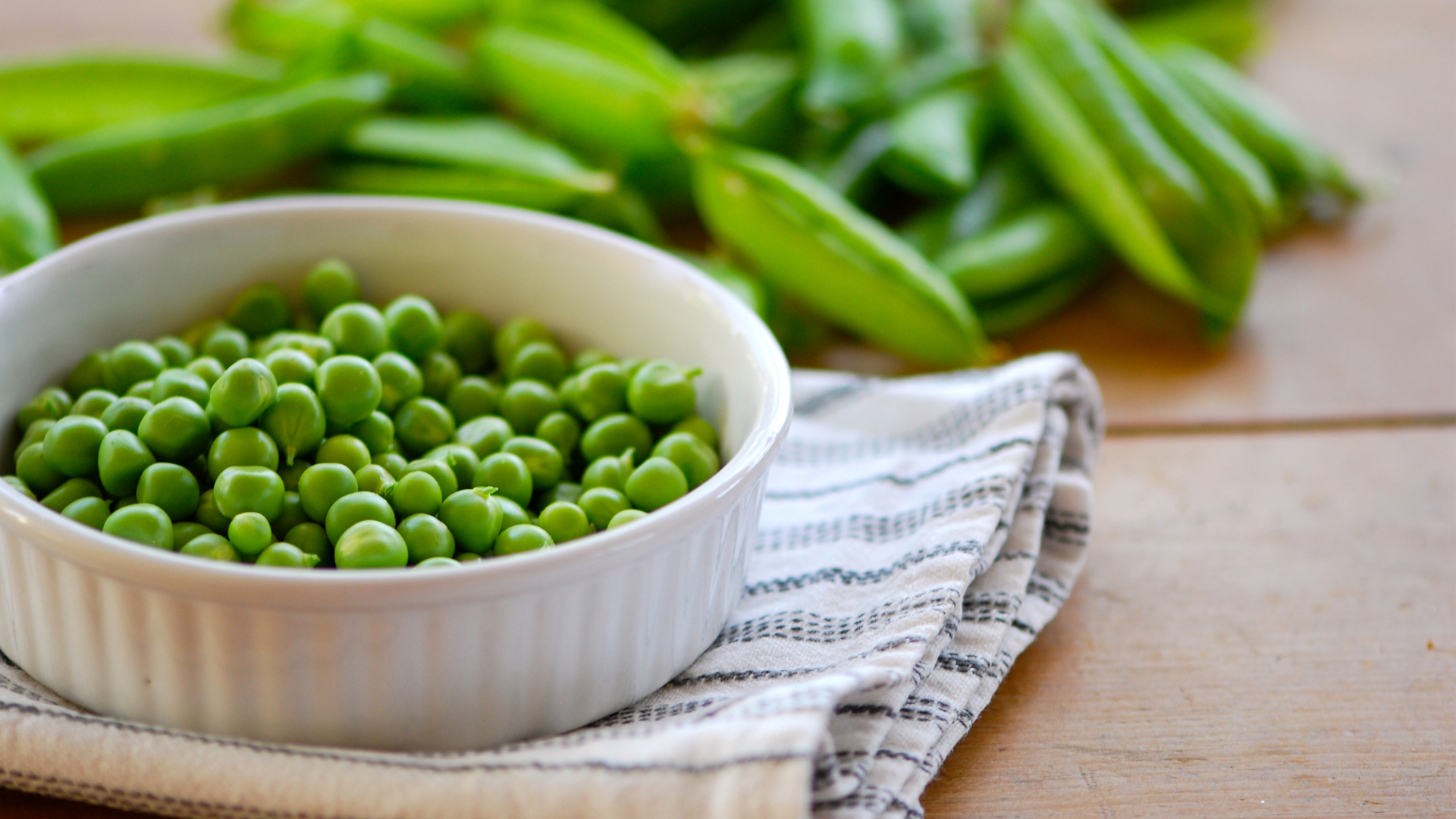
3. Boiled white beans
This soluble fiber contains about 18.8g of fiber per 150g. Roast in the oven with some paprika powder, sea salt and garlic or mix smooth into a spread.
4. Apple (with peel still on)
Apples contain soluble fiber – around 2.9g per 125g – making them the perfect on-the-go snack. Always make sure to have an apple in your bag and it can save you from sudden hunger dips.
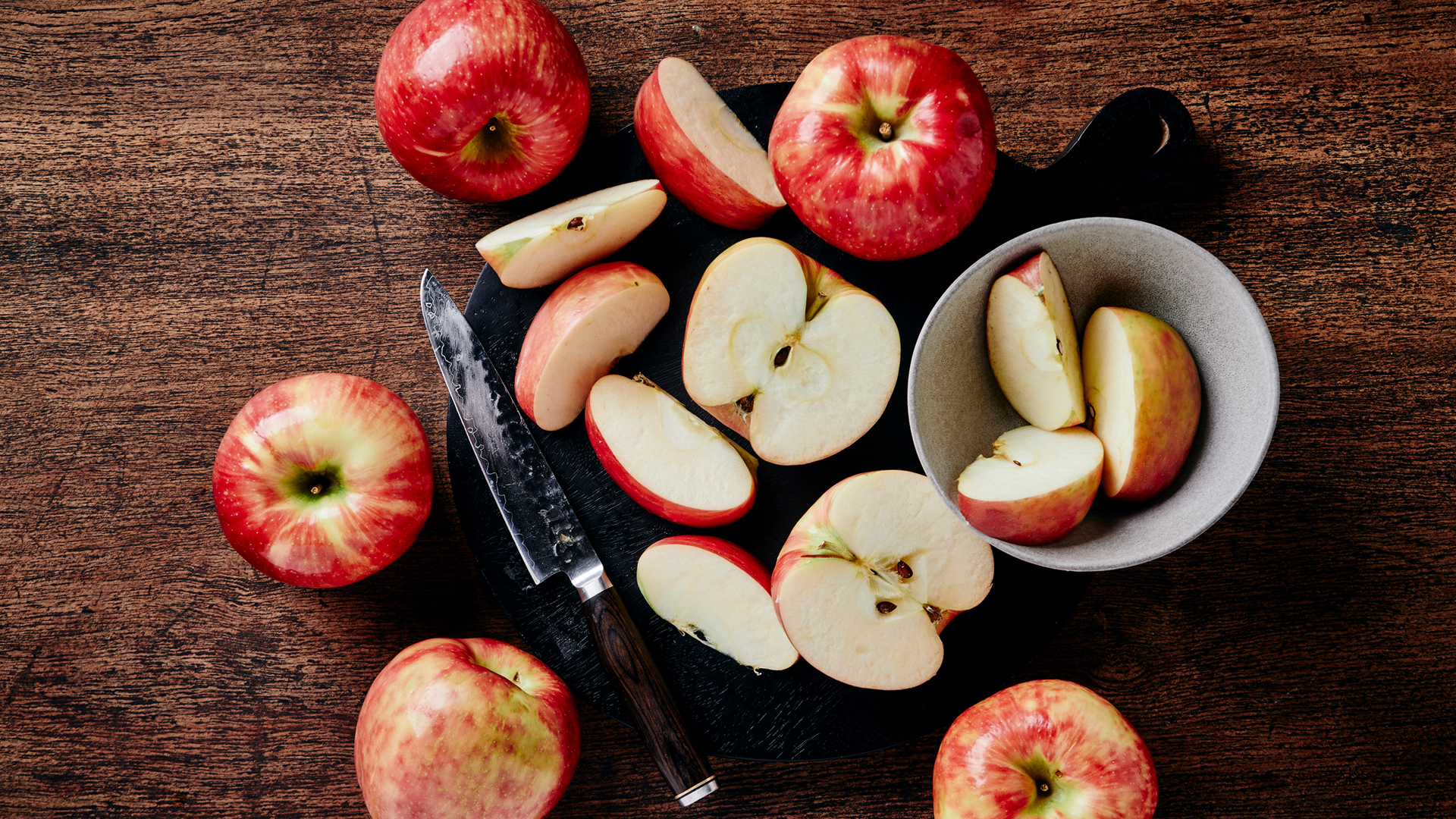
5. Oranges
Oranges contain soluble fiber, on average 1.5g per 125g. They are the perfect fruit to have after dinner. The vitamin C from the orange can aid the absorption of plant-based iron found in foods like beans, tofu and lentils.
6. Carrots
A 125g portion of carrots has roughly 3g of soluble fiber. Add some shredded carrots to any stew and you will get a lot of extra flavor as well as fiber.
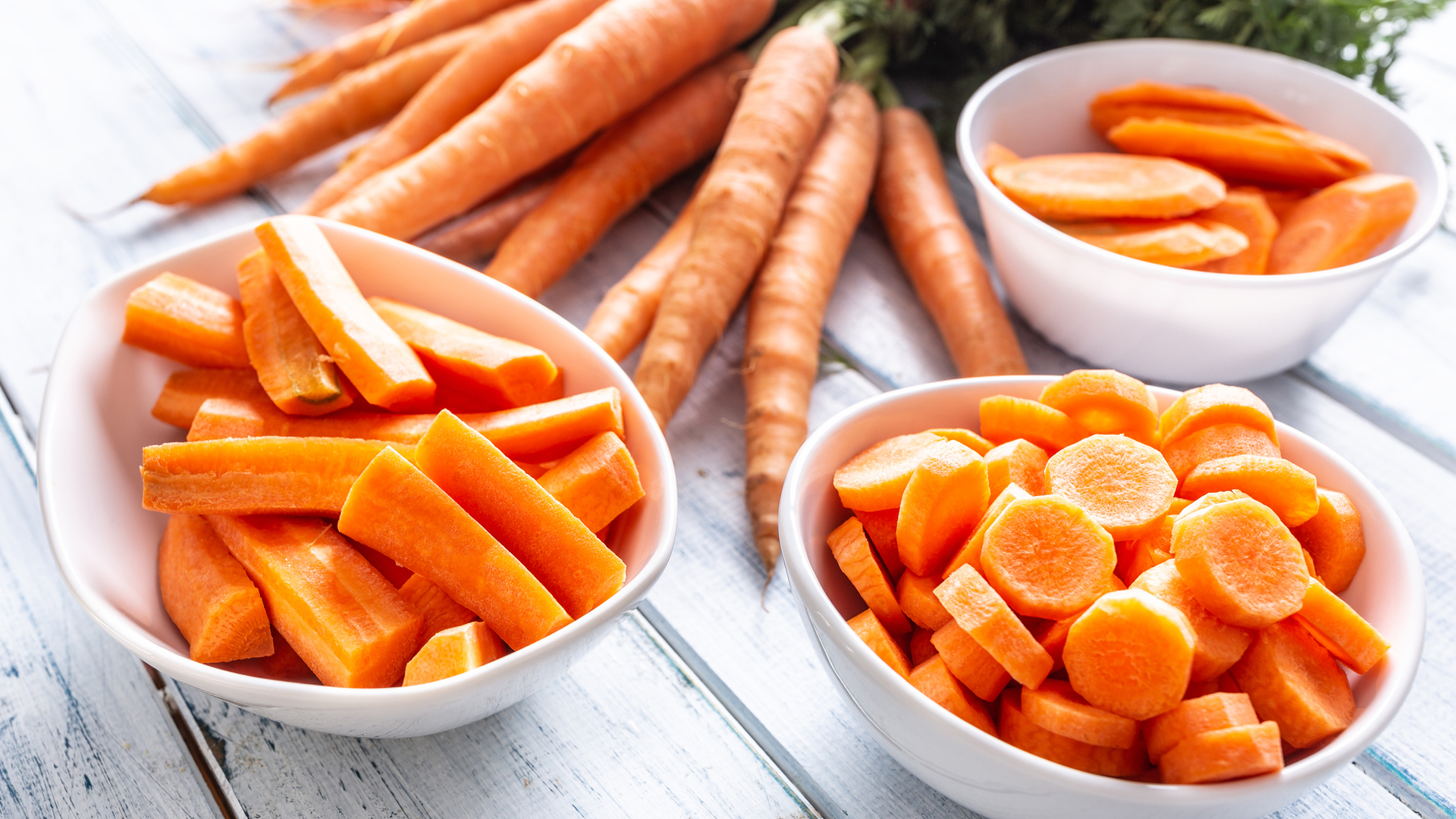
7. Barley, boiled
A soluble fiber, boiled barley is the perfect ingredient to add to salads to make them more filling, with about 4.4g of fiber per 175g.
8. Psyllium
This seed contains 7.8g of soluble fiber per 10g/1 tablespoon and is a great addition to oatmeal or when you are baking bread to up the fiber count.
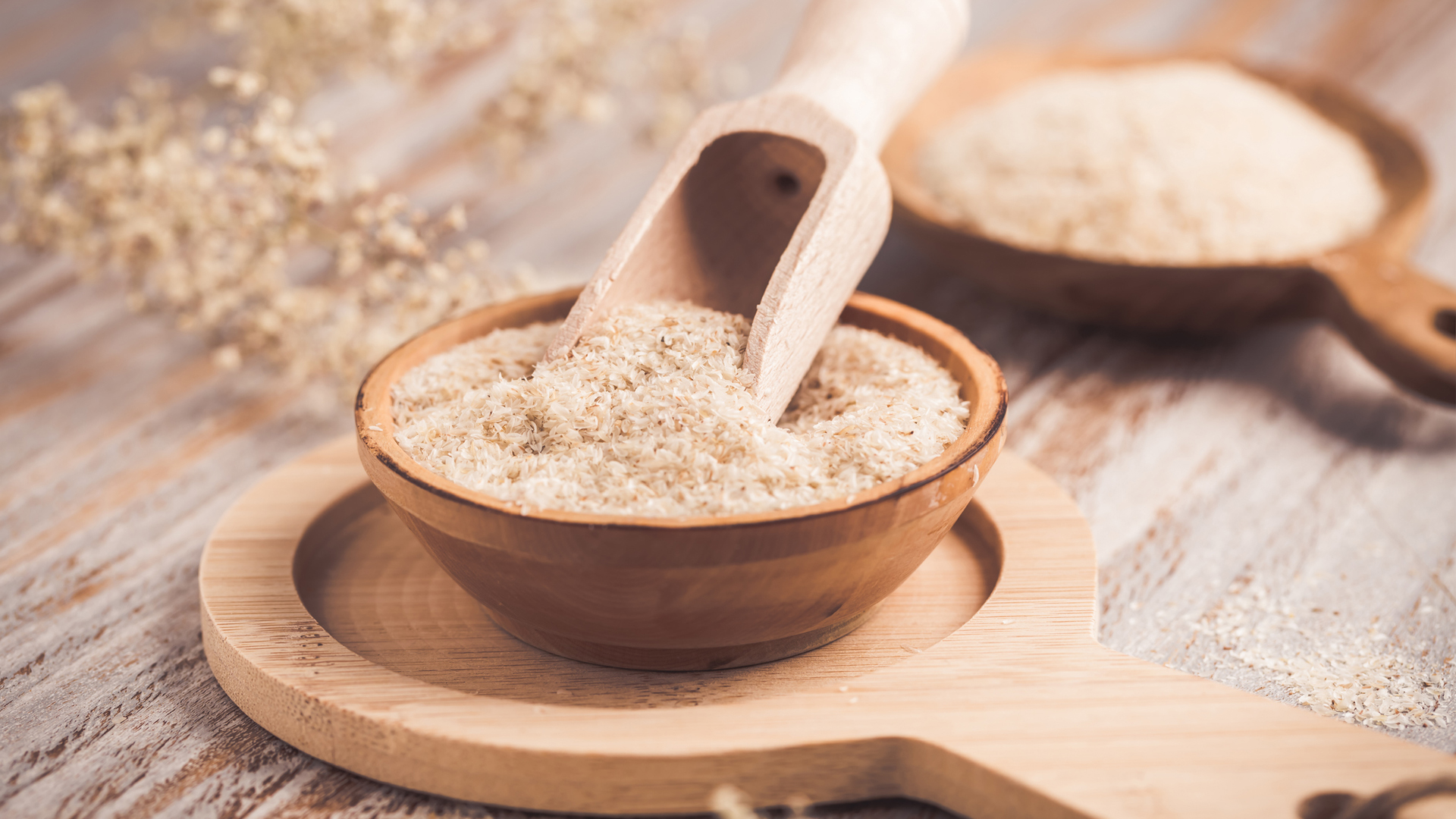
9. Cauliflower
This contains insoluble fiber, about 2.3g per 100g. Roast whole in the oven or add to a curry.
10. Whole-wheat flour
With 8.3g per 60g of insoluble fiber, use this instead of plain flour when making bread, pancakes or scones to boost digestive health.
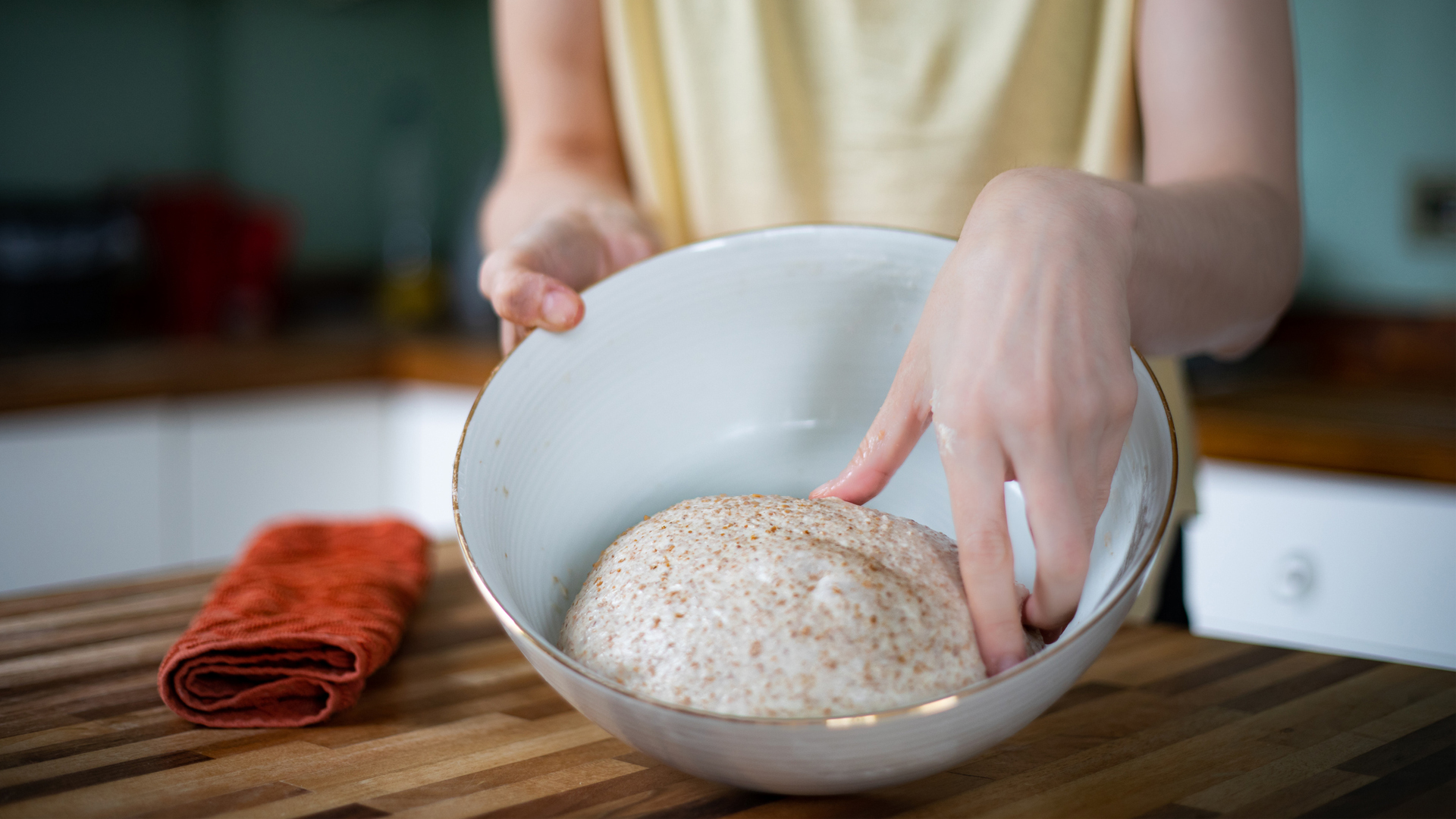
12. Green beans
Green beans contain insoluble fiber, about 3.4g per 100g to be specific. Add to any stew, roast or simply as a side dish with some olive oil and sea salt on top.
Svanfeldt says: “Fiber from our diet can help to promote the growth and development of our gut health and microbiome, as the part of the fiber that breaks down in the colon can work as “fuel” (also named prebiotics) for the bacteria.
“More research is needed on the topics as it is still unclear as to what type of bacteria are impacted, and the amount required for optimal wellbeing, but what we do know is that eating a large variation of fiber, along with a large quantity, has shown to be connected to better digestive health and increased wellbeing.”
- Related: Is fiber good for weight loss?
Sign up for the Live Science daily newsletter now
Get the world’s most fascinating discoveries delivered straight to your inbox.

Maddy Biddulph is a freelance health and fitness journalist with over 26 years of experience working for consumer media in the US and UK. As a Level 3 personal trainer and weight loss advisor she is used to trying out and reviewing the latest health and fitness products. At Maddy Biddulph Personal Training, she runs one-to-one and small group sessions, as well as group exercise classes. She specializes in mobility work with seniors and runs regular chair workouts in her hometown of Oxford.










